Dhaka, MAY 17 (V7N) - The relationship between the Bangladesh Taekwondo Federation and Kukkiwon, South Korea's state-run Taekwondo organization, has become strained and diplomatically complex due to recent events. Unethical activities, unsubstantiated allegations, and sensitive correspondence have created tensions that are feared to significantly hinder the future development of Taekwondo in Bangladesh.
The current issue appears to have been triggered by a letter sent by former General Secretary Mahmudul Islam Rana to Kukkiwon on March 26th, Bangladesh's Independence Day. In this letter, Rana requested punitive action against Korean master Lee Jusang. The allegations presented in the letter were reportedly not supported by any impartial investigation report or verifiable evidence but were based on a previously disputed police General Diary (GD) filing. Rana allegedly received assistance in drafting and sending this letter from executive members of the Ad Hoc Committee: Md. Moslem Mia, Nuruddin Hossain, Shah Md. Manjurul Haque Patwari Uttam, BKSP representative Nurul Islam, Md. Palash Mia, Khandaker Reza, and Abdullah Al Noman.
Adding to the complexity, a prior letter, signed by former Taekwondo Federation president Kazi Morshed Hossain Kamal (who had been officially dismissed 71 days prior), was sent to Kukkiwon without the approval of the executive committee. This action has been widely viewed as highly questionable and unethical.
Kukkiwon Headquarters is reportedly taking these incidents with extreme seriousness. Reliable sources indicate that they have temporarily suspended the Bangladesh Taekwondo Federation's Dan certificate issuance, approved coaching assistance, and other logistical support.
Furthermore, Mahmudul Islam Rana has reportedly been unofficially deemed 'undesirable' at the Korean Embassy in Dhaka and was recently denied entry. Even an intervention from the Bangladesh Olympic Association in the form of a letter to Kukkiwon, aimed at resolving the situation, has so far been unsuccessful.
Concerns are now widespread within the Bangladeshi Taekwondo community that a failure to take necessary diplomatic and institutional steps to mend relations with Kukkiwon could result in significant repercussions for the country's promising Taekwondo players, coaches, and organizers.
The current ad hoc committee faces a substantial challenge in swiftly restoring trust and re-establishing Bangladesh's standing in the international Taekwondo arena.
The act of sending what is perceived as an unethical letter internationally on a significant national day like Bangladesh's Independence Day is considered particularly noteworthy and troubling.
The future of diplomatic relations, sporting honors, and international recognition for Bangladeshi Taekwondo now hinges on healthy and responsible leadership. The central question remains whether the ad hoc committee will be capable of effectively navigating this crisis. Only time will provide the answer.
END/SRT/RH/



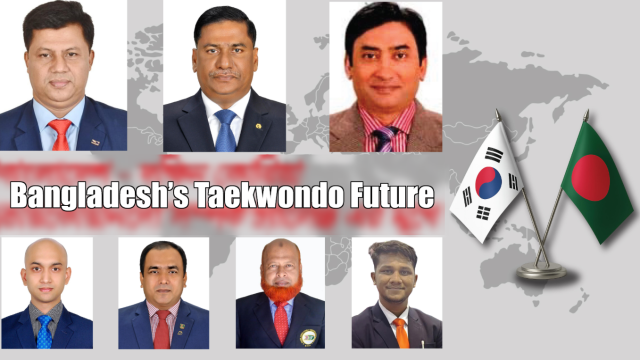
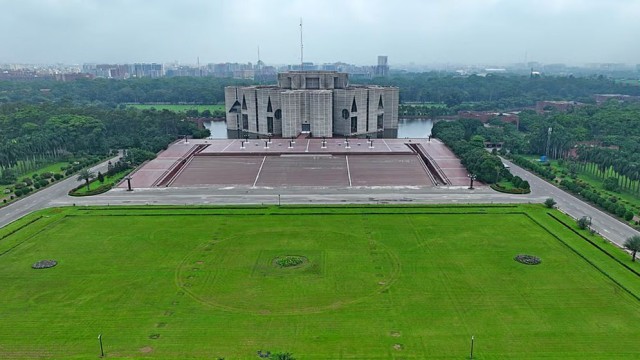

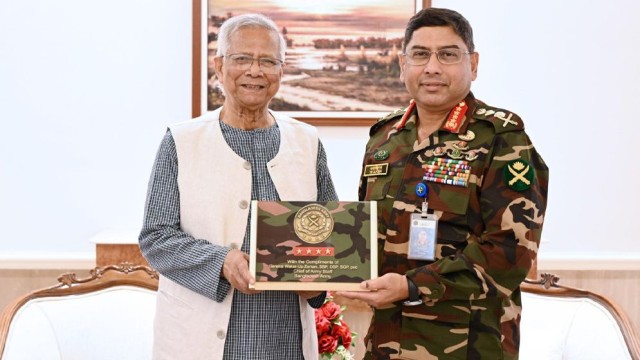
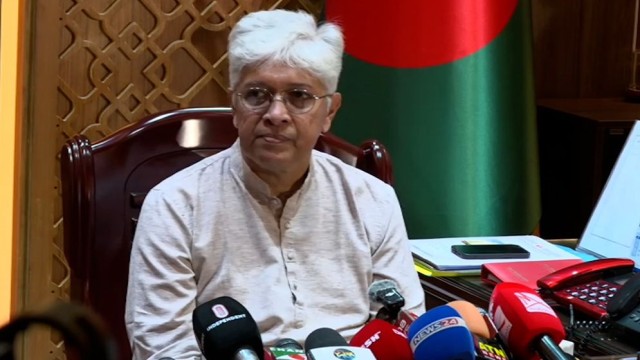
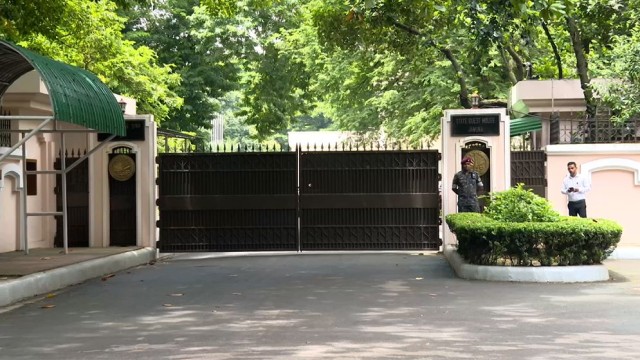
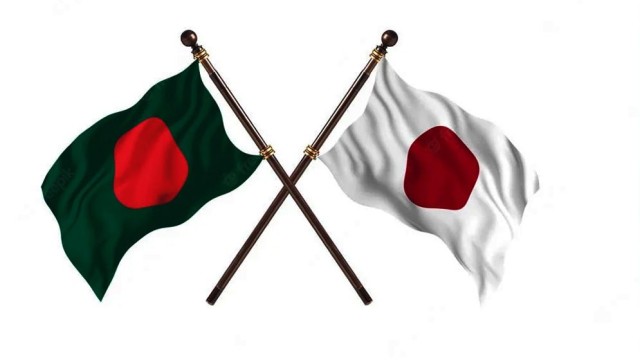
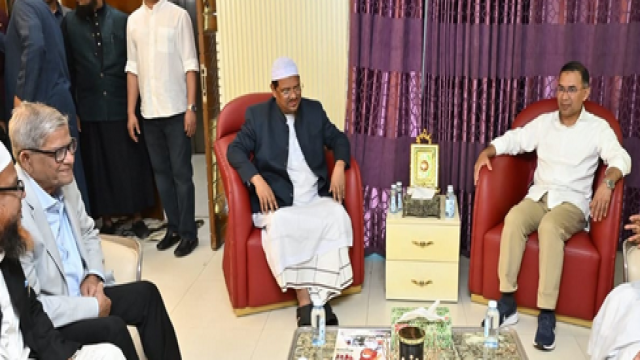
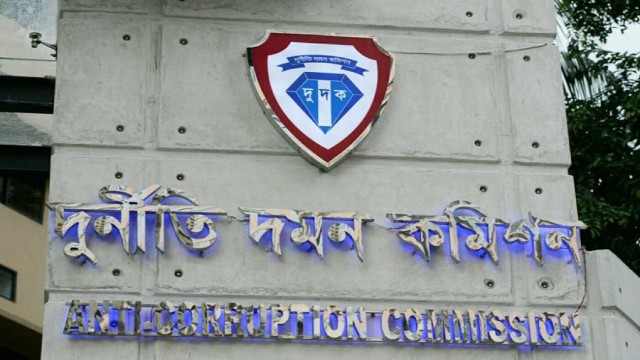
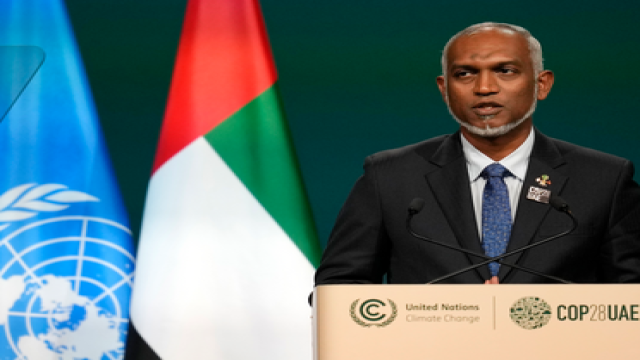
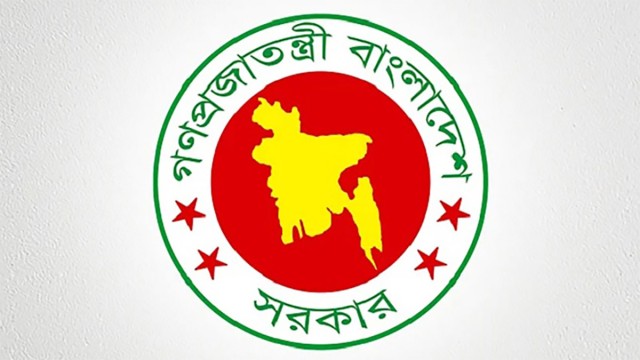
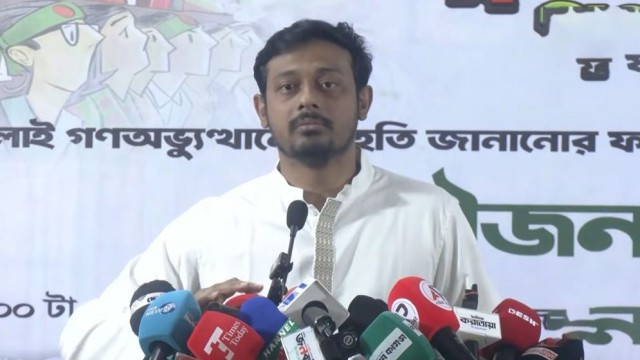
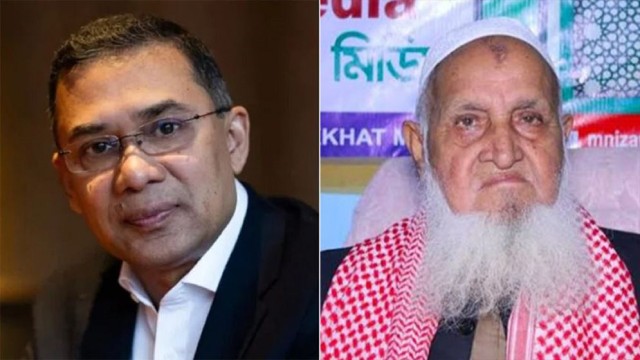
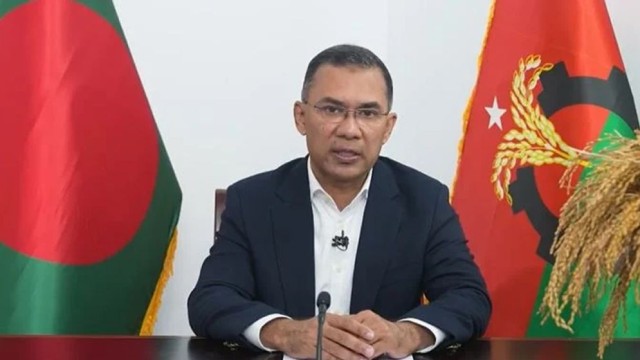
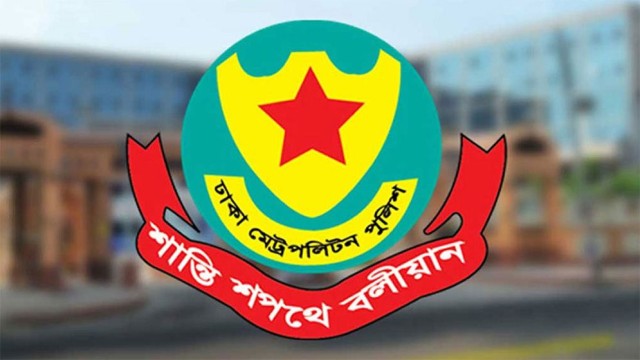
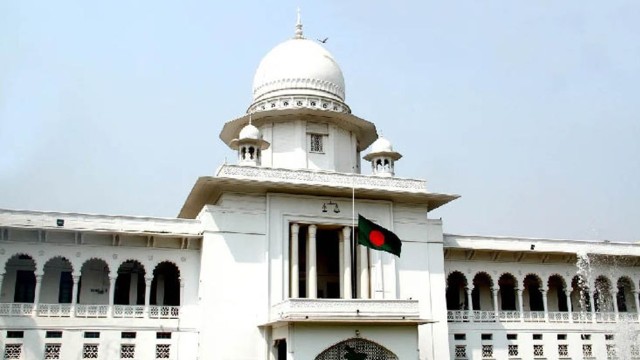
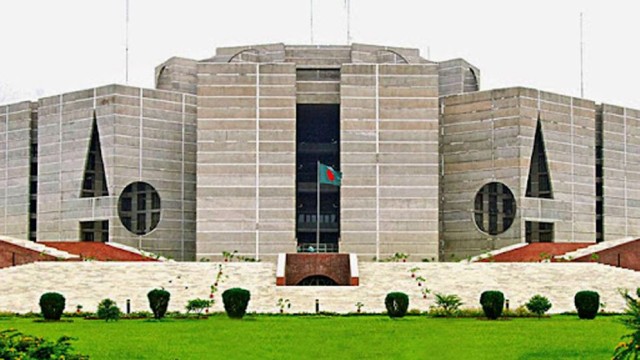











Comment: